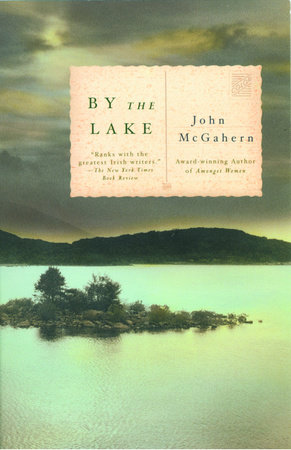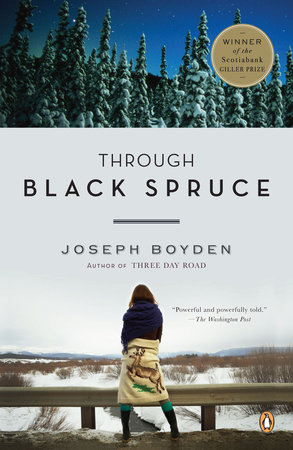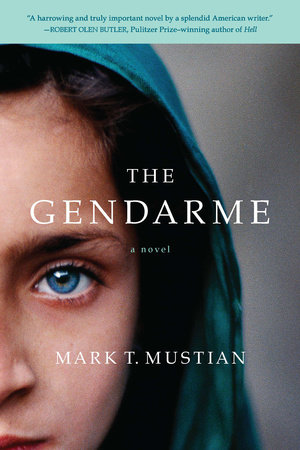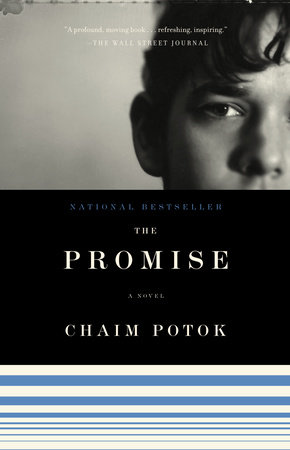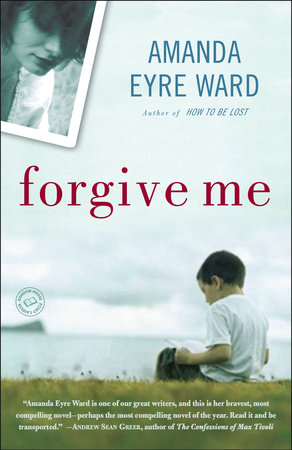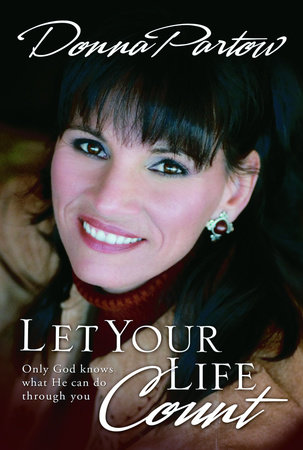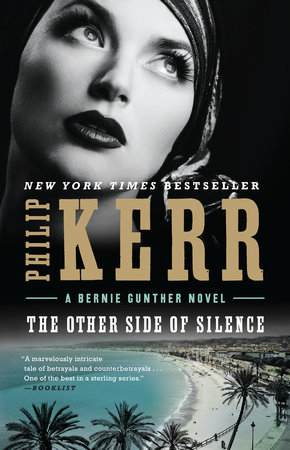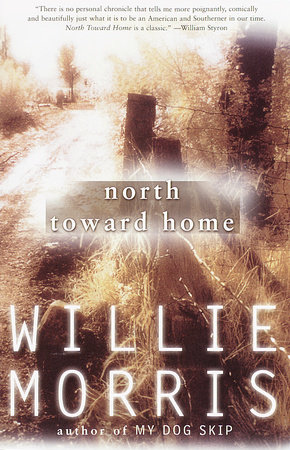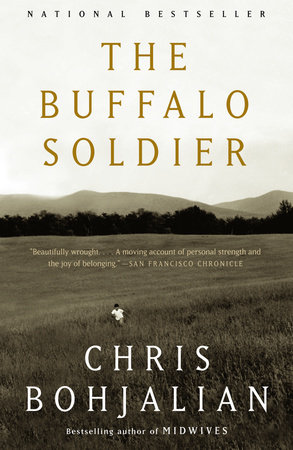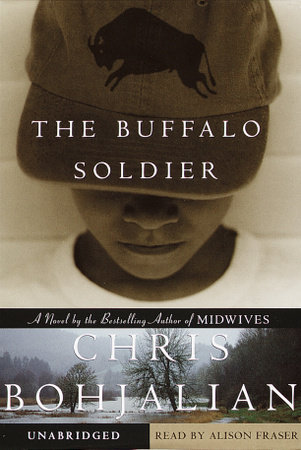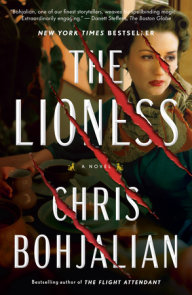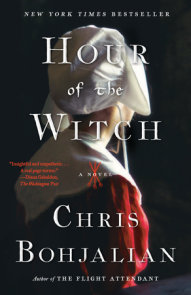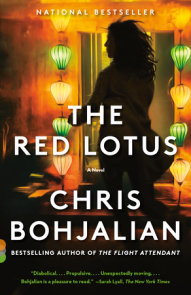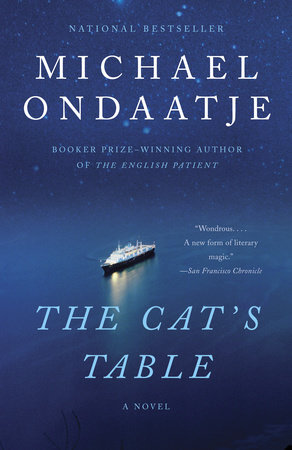Author Q&A
Q: Why did you write this book? What inspired it?
A: The Buffalo Soldier actually had two points of origin. First of all, my small Vermont village was devastated by a river flood on June 28, 1998. After four weeks of rain and four inches in an hour, the usually lazy, meandering New Haven River overflowed its banks and carved 40-foot chasms in the adjacent paved roads, demolished two steel cement bridges that had stood for decades, and destroyed our local library when five feet of water submerged 80 percent of the collection. The property damage was immense: The National Guard spent days in the town, and FEMA spend weeks. And yet because the river crested at 1:15 a.m. and 4:15 a.m., not a single human being was hurt. The only casualty was a cow.
And so I began to wonder what would have happened if the flood had occurred at midday. What would have happened to the cars on the road, to the children who might have been watching the water from the banks of the river or, worse, from either of those bridges? How would the community have coped then?
The second point of origin occurred a few months after the flood, when my kindergarten daughter returned home with her class picture. There in the image were sixteen white children—sweet and adorable, yes, but white. Her entire class, I realized, was white. Now I love Vermont but the state’s racial homogeneity—especially outside Burlington—is certainly not among its virtues. And so once again I wondered what if, and I tried to use this demographic reality to further explore the ties that bind families. Before I knew it, the book had a little boy in it, an African-American foster child brought from Burlington to a rural village far from the state’s largest city.
Q: Were you nervous writing in the voice of an African-American boy?
A: Good lord, no. I wrote about the sorts of universals any ten-year-old boy may experience: the desire to belong coupled with the sense that you’re an outsider; the Byzantine dynamics of your parents’ relationship; how completely inexplicable all grown-up behavior seems to you when you’re in the fifth grade. My family moved a fair amount when I was a child—I went to seven schools between kindergarten and twelfth grade—and so, more times than not, I merely pulled on my own memories from when I was a boy. In this regard, The Buffalo Soldier has considerably more autobiographic minutiae than any other novel I’ve written, and there’s probably more of me in Alfred than in any character I’ve created.
Q: You’ve written about midwifery and homeopathy and transsexuals. Is this a novel “about” foster care?
A: I hope not. As a matter of fact, one of the things that drew me to the subject matter is that it wasn’t about any particular hot-button issue. Nevertheless, in my books I do tend to explore the way the cultural margins press against the mainstream: The environment vs. development, alternative vs. traditional medicine, the place of birth (literally and metaphorically) in this country, and all that baggage we bring to gender and sexual orientation. And so while I want The Buffalo Soldier to be viewed primarily as a novel about parents and children and marriage—family, in essence—I know also that some people will be drawn to the issues it raises about foster care.
Q: Is foster care an issue in Vermont?
A: I don’t believe it’s any more of an issue in Vermont than it is anyplace else. Unfortunately, all we tend to see in the newspapers are the teen girls from the foster care program who wind up as prostitutes in New York City, or the teen boys who commit violent crimes. These kids represent a tiny fraction of the children being supervised by the foster care system. I met social workers and administrators and, of course, foster parents while researching The Buffalo Soldier, and invariably I was impressed by their dedication as well as their competence. The reality is that no one gets involved in foster care administration or management who doesn’t love children and want to make their lives better. Nevertheless, the system is under enormous stress right now: Each case worker has roughly twenty-seven kids to manage, and thirty-nine percent of the children have had to endure five or more placements. The State is doing what it can to manage the pressure posed by the numbers of children now needing foster care in Vermont, but it remains a profoundly difficult task.
Q: All of your previous books were written in the first person. Why did you choose to write THE BUFFALO SOLDIER in the third person?
A: I wanted Midwives and The Law of Similars and Trans-Sister Radio to feel like autobiographies, and to have the emotional resonance of memoir—hence the first person. I wanted The Buffalo Soldier to feel much more like a traditional novel because it’s such an ensemble story. There are six major characters in the book I cared deeply about, and I didn’t want their voices jockeying for position in some unruly cacophonic mess. Moreover, by writing in the third person I could allow the story to unfold more naturally, because it wouldn’t be encumbered by the sorts of linguistic idiosyncrasies that a first-person novel demands.
Q: How do you feel about the movies that have been made or optioned based on your books?
A: I love movies, and I love the two films that have been made from my novels. (Midwives and Past the Bleachers). Trans-Sister Radio and The Buffalo Soldier are both currently in development. (The Buffalo Soldier, in fact, is with the same team that made Midwives), and I have complete faith in the filmmakers. I have no interest in writing the screenplays for any movies that are made from my books, but I am always careful to sell the material to people who seem to understand the novel and have faith in the story as I told it. That doesn’t mean that someday a studio or production company won’t take one of my stories about ordinary people in extraordinary circumstances and add a collision or two between the earth and an asteroid. . . but it hasn’t happened yet, and I don’t expect it to happen anytime soon.



